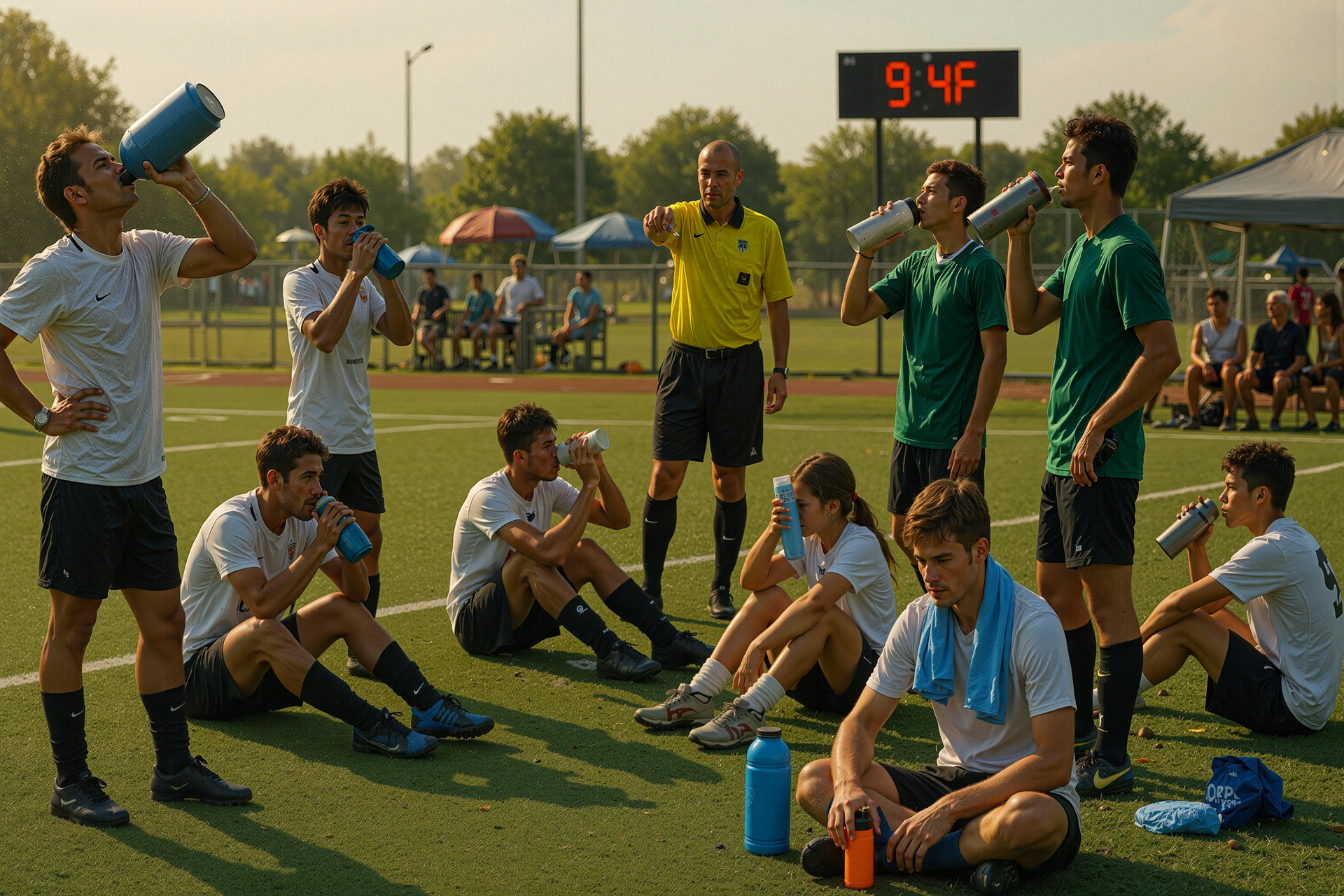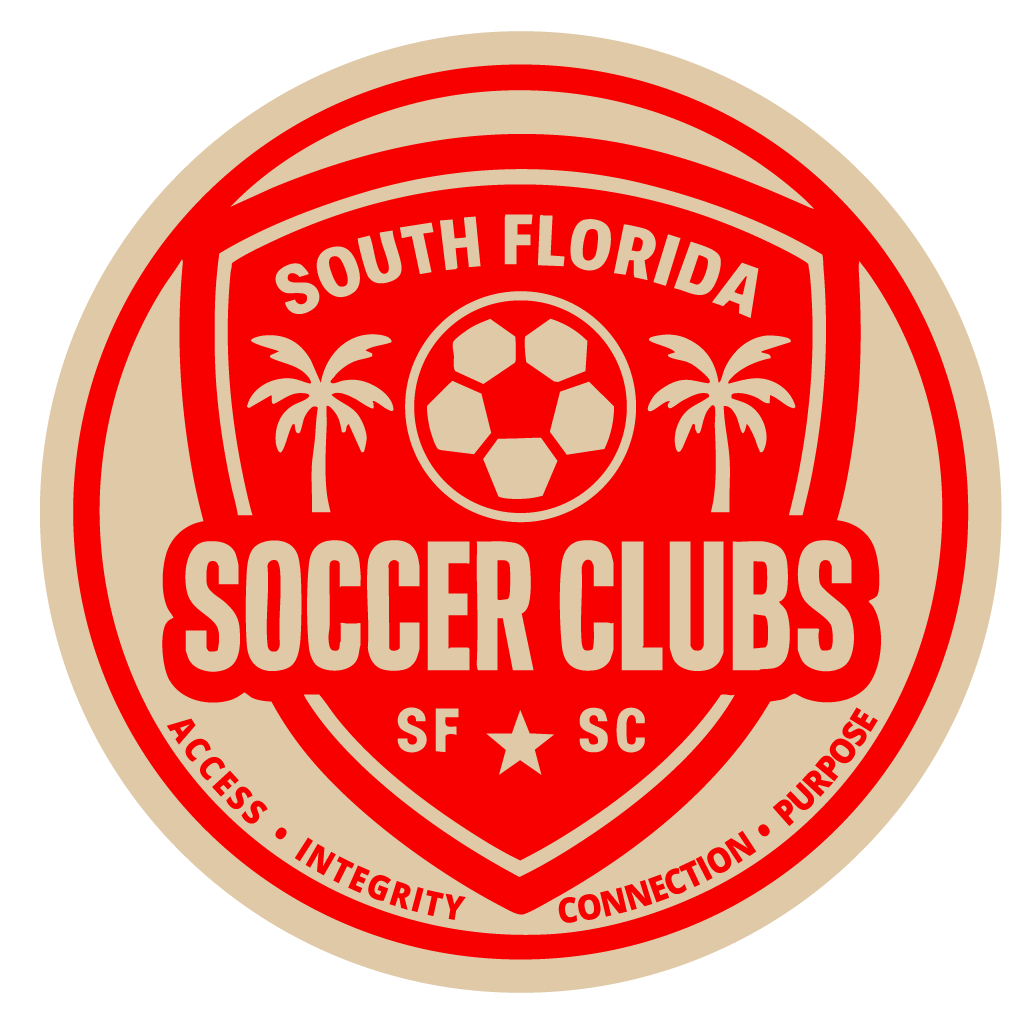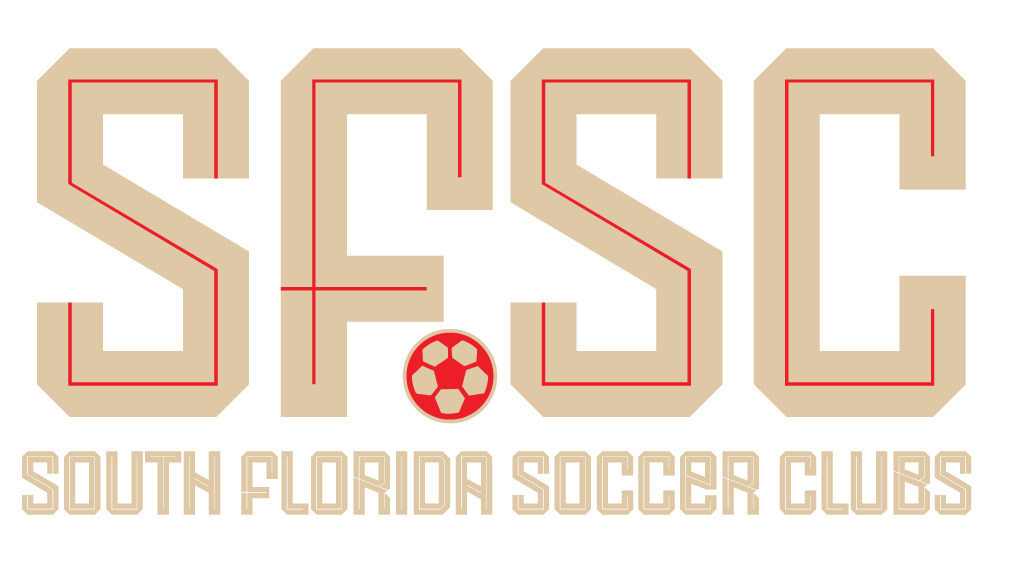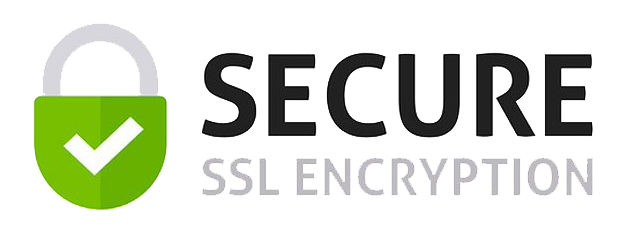South Florida Weather Realities
Weather-Related Practice Cancellations: What Parents & Players Should Know
If you’ve lived here long enough, you know: South Florida summers mean afternoon stormespecially from July through September. Daily rain patterns, high heat indexes, and lightning risks are a fact of life.
But many parents still find themselves driving 45 minutes to 1.5 hours to training, only to have practice canceled minutes before start time. It’s frustrating. It’s avoidable. And it affects not just one family, but entire teams and clubs.
This guide exists to:
- Help clubs make better decisions
- Help families plan ahead
- Clarify expectations around makeup sessions
- Provide tips for managing cancellations
When Should Youth Soccer Practices Be Canceled?
Here are key considerations every club should weigh before canceling—or not canceling—practice:
Time of Day
- Late afternoon practices (between 4–6:30 PM) are the highest risk for lightning storms in South Florida.
- Practices scheduled at 8 PM or later face fewer weather-related issues.
Location of Players
- Some players drive from 45 minutes to over an hour away.
- Canceling practice 10 minutes before start time puts unnecessary burden on families.
Real-Time Weather Monitoring
Field Surface
- Turf fields can become dangerously hot or slippery in rain.
- Natural grass fields often become unplayable or unsafe due to puddling or mud.
Best Practices for Clubs
We recommend clubs follow this 3-part policy structure:
Advanced Weather Decision Window
- Final call made no later than 1 hour before practice when feasible.
- Early alerts (2–3 hours prior) sent if there’s high likelihood of storms.
Respect Travel Realities
Clear Makeup Policy
- State clearly whether canceled practices due to weather:
- Will be rescheduled
- Will be credited
- Will not be made up
- Provide reasoning and alternatives (e.g., Zoom sessions, optional weekend scrimmage).
What Parents Should Expect, And Ask For
When signing up with a club, ask:
- How do you communicate last-minute weather cancellations?
- What’s the cutoff time for decisions?
- Will missed sessions be made up?
- Are there optional sessions or credit alternatives?
Keep a flexible mindset—but don’t be afraid to expect accountability and clarity when you’re paying top dollar for youth development
Tips for Families Driving Long Distances
- If you’re commuting 45+ minutes, here are a few smart tips:
- Use radar apps (e.g., MyRadar or NOAA) before you leave
- If storms are imminent, pause before getting on the road and wait for the club’s final call
- Coordinate carpools with other families to share driving duties
- Pack snacks, drinks, and reading/homework for wait time or delays
- Have a Plan B (e.g., find a nearby indoor spot) in case practice gets canceled upon arrival
South Florida Soccer Clubs is committed to helping the community navigate all aspects of youth soccer, including the ones we can’t always control: the weather.
Let’s Start a Better Standard
This page is a call to action, for clubs, parents, and players to work together.
Let’s reduce wasted time, manage expectations, and make smart, safe choices in the heat and storm season.
Want Your Club to Reevaluate Weather Policy?
If your club doesn’t yet have a weather cancellation policy or makeup session plan in place, send them this page or invite them to connect with us. Together we can shape a better experience for everyone.
COPY LINK >
https://www.southfloridasoccerclubs.com/weather-related-practice-cancellations--what-parents---players-should-know

Weather Rules During Youth Soccer Games & Tournaments in Florida
Understanding Safety Protocols for Lightning, Rain, and Heat
Florida is the lightning capital of the U.S., and youth soccer tournaments must follow strict weather safety protocols.
Many parents,especially those new to the sport—aren’t aware of what the rules are, why delays happen, or what the horn signals mean. This guide will walk you through it all.
Lightning Distance Rules
- If lightning is detected within 10 miles, all play must stop immediately.
- A mandatory 30-minute delay begins after the last strike within 10 miles.
- If lightning is seen again during the delay, the 30-minute clock resets.
- Referees, site coordinators, or tournament directors typically make the call.
Horn Signals (What They Mean)
Most organized tournaments use a horn system or megaphone for weather delays:
Horn Signal
One long blast
STOP PLAY IMMEDIATELY, Seek shelter
Two short blasts
Safe to return to fields (all-clear)
Multiple blasts or announcements
Extended delay or tournament cancellation in progress
Shelter does NOT mean under a tent or tree. Go to a hard-top vehicle or building.
What is the 30-30 rule?
The 30-30 rule states that if you see lightning and hear thunder within 30 seconds, you should seek shelter immediately. Wait 30 minutes after the last thunder before returning to the field. This rule helps ensure everyone’s safety during storms.
Extreme Heat & Heat Index Rules
South Florida summers bring dangerously high heat indexes, especially on turf fields. Most leagues follow the WBGT (Wet Bulb Globe Temperature) guidelines:
| WBGT Level | Action |
|---|---|
| 82°F | Normal activity |
| 82°F-86.9°F | Mandatory water breaks every 20 minutes |
| 87°F-89.9°F | Shortened halves, extended breaks, monitor closely |
| +90°F | Cancel/postpone activities, risk of heat stroke too high |
Field Surface Considerations
Parents often wonder why some fields cancel and others don’t,
this is usually the reason
| Surface | Impact During Weather |
|---|---|
| Turf | Heats up faster, may become slippery, retains heat long after rain stops. Often drains better but can be dangerously hot during peak sun hours. |
| Grass | Cools quicker but can get muddy or unplayable in heavy rain. Standing water causes delays or cancellations. |
Game Delays & Tournament Schedules
If a game is delayed due to lightning or weather:
- Expect rolling delays. Your new start time may be moved but not guaranteed.
- Most tournaments do not offer refunds due to weather unless the event is canceled entirely.
- Directors may shorten halves or go straight to PKs (penalty kicks) to keep the tournament moving.
What Parents Should Know & Do
- Always bring weather-appropriate gear (umbrella, cooling towels, raincoat, extra clothes).
- Download a lightning tracker app like MyLightningTracker, NOAA, or WeatherBug.
- Teach your kids the horn signals so they understand what’s happening.
- Be patient with delays—they’re in place to protect your child’s life, not inconvenience your schedule.
When in Doubt, Safety First
No soccer game or tournament is worth risking injury or exposure. All Florida soccer clubs, referees, and tournament organizers are trained to prioritize safety, even if that means last-minute cancellations or frustrating delays.
Disclaimer: The information provided on this page is for general informational purposes only and is not intended as legal, medical, or professional safety advice. Each club, league, and tournament may have its own weather and safety protocols. Always follow the official instructions of event organizers and local authorities.







